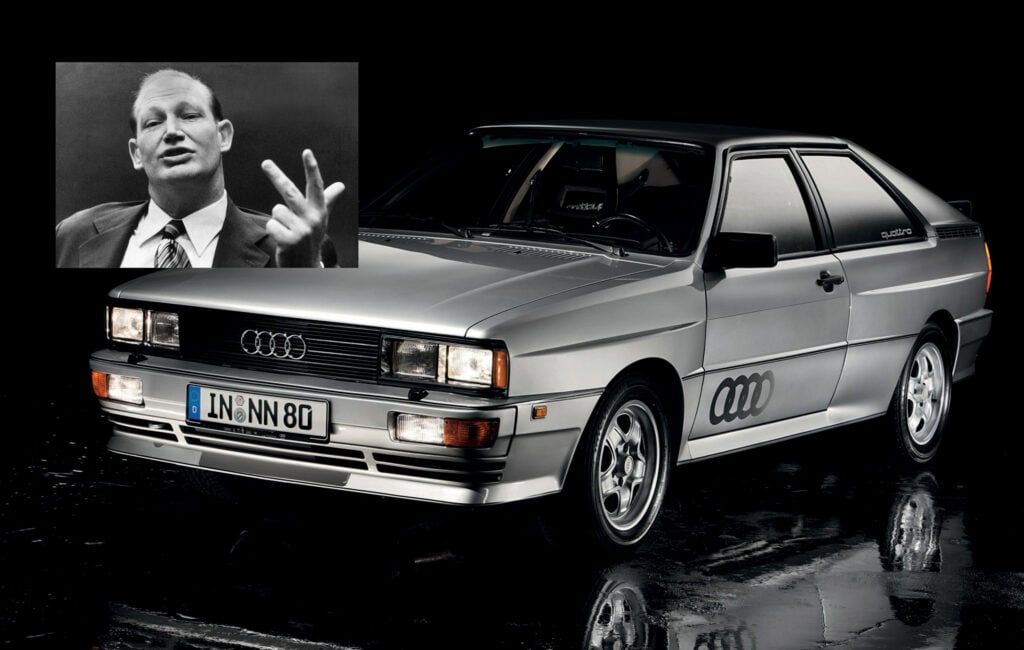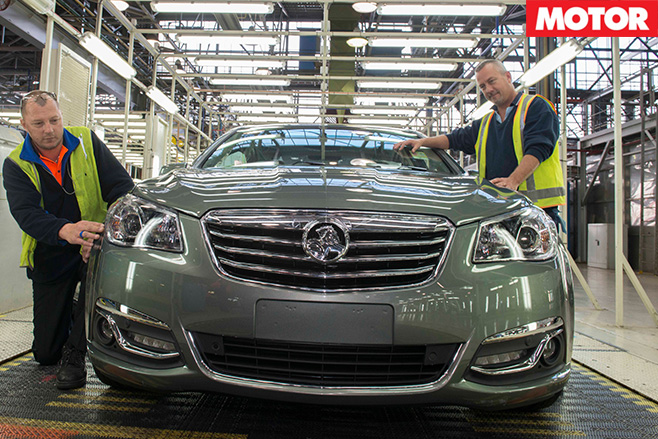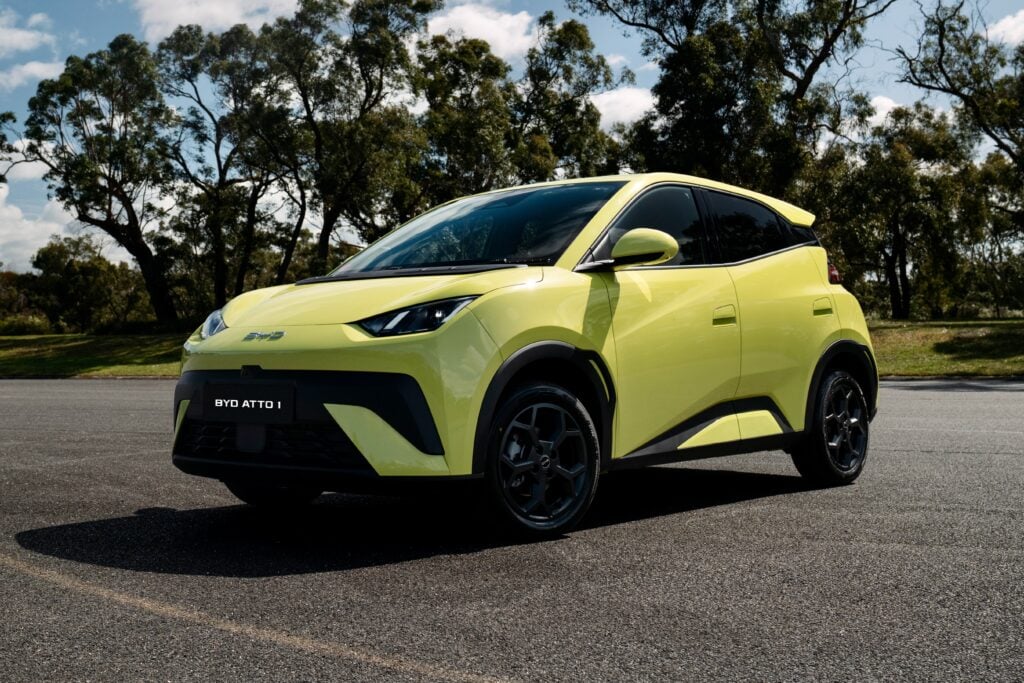“They’ve gone stark, staring mad.” That was the opinion of a friend of mine in the tech industry who’d recently visited the UK and had been subjected to the new normal of Brexit politics. The public over there were, he reckoned, “like frogs in a pot of boiling water.” They didn’t even realise how bad things had become but, to an outsider, it was desperately apparent.
The more he bemoaned the situation, the more I was reminded of a conversation I’d had with him regarding the automotive industry some time previously. With such a profusion of automotive brands and the egregious nature of some manufacturer cheating, he couldn’t believe that some marques hadn’t become entirely toxic.
Were we the frogs in the pot, meekly accepting the way that certain car manufacturers lied, cheated and gamed the system? Looking at the burgeoning sales of some of the worst offenders, it appears that car buyers don’t just accept being treated with contempt by manufacturers. They reward it.
It’s almost as if we’ve become careworn and fatigued by stories of manufacturers recalling cars due to emissions defeat devices, being fined billions of dollars for misquoting fuel economy figures or installing known faulty components. Buyers perceive that this has become the new normal. Every time regulators try to nail shut one box, a new instance of gerrymandering seems to pop up.
The European Commission has reported that some car manufacturers have artificially inflated their emissions figures so that they can more easily meet EU fleet CO2 cuts for 2025 and 2030. Inflate the 2021 figure and the subsequent cuts are that much easier to achieve. We could go on, but you get the point.
Doug Croker, author of our Letter of the Month in this issue, reckons we should amend our Databank section to indicate lemons under recall or beneath a cloud of controversy. The problem is, that would likely leave a reduced set to choose from, which highlights the nub of the problem. There’s a common acceptance that almost everybody’s at it, which hardly incentivises manufacturers onto the path of moral rectitude.

Wheels has had a long tradition of holding car manufacturers to account. Peter Robinson’s column in the October issue details the aftermath of the infamous lemon cover when we held back our Car of the Year award and, back in the ’60s, the magazine pushed for Holden to improve the braking on the EH. That came after the 179ci red motor’s hefty power boost over the EJ’s grey motor overwhelmed the new car’s ability to stop sharply. Robbo gave no quarter in the ’70s when the wallowy HQ was put before him. It copped such a savaging that it paved the way for Holden to fundamentally reassess its vehicle dynamics.
We’ve been strident in calls for centre-rear sash belts and stability control to be mandatory for inclusion into Car of the Year, and Phil Scott’s quality audits from the early ’90s held a blowtorch under manufacturers who expected Australian buyers to accept second-rate products.
It’s not always easy to speak truth to the power of major manufacturers. It probably won’t surprise you to learn that some of our most forthright reviews have attracted the ire of the very biggest car makers. Over the years, we’ve had a few uncomfortable phone calls. Nevertheless, in an industry that’s increasingly cowed by the power of big manufacturers and which leans to the craven call of influencer culture, there must exist a place for a publication that’s prepared to deliver a frank and fair verdict. Recent record combined readership figures across the Wheels magazine and website indicate that you’re in agreement, so we’re not about to change that policy anytime soon.







